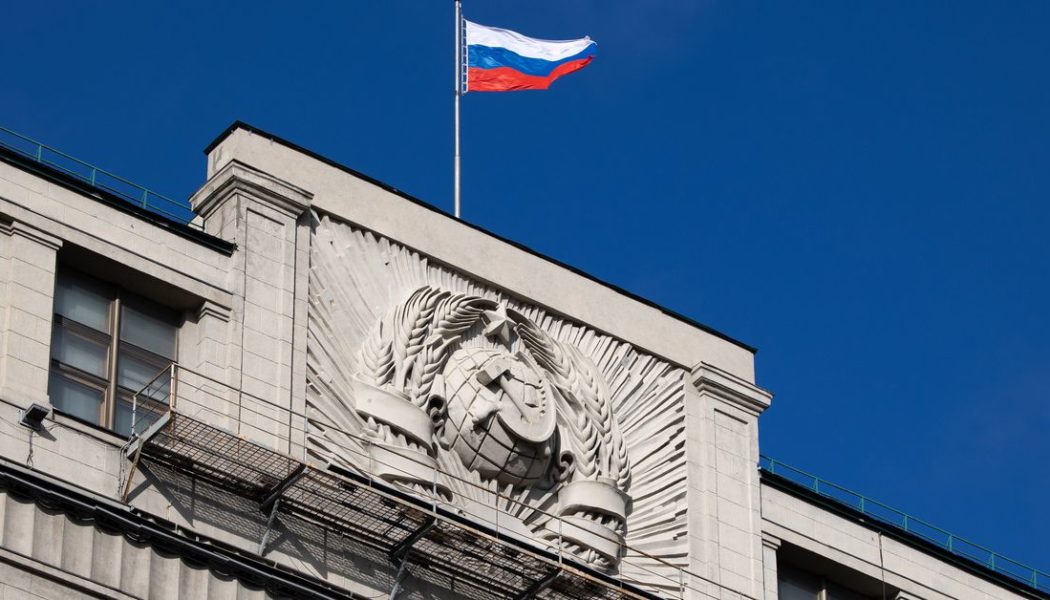
Russia’s lower house of parliament has passed a law punishing “fake news” with up to 15 years in prison, according to Reuters. The rule would impose fines or jail terms for spreading false information about the military, as well as fines for people who publicly call for sanctions against Russia. Courts would mete out the harshest sentences for fake news that leads to “serious consequences.”
According to earlier coverage from The Moscow Times, the bill is meant to penalize people who knowingly “distort the purpose, role and tasks of the Russian Armed Forces, as well as other units during special military and other operations,” including people who spread information about Russian war losses.
“Literally by tomorrow, this law will force punishment — and very tough punishment — on those who lied and made statements which discredited our armed forces,” said Vyacheslav Volodin, chairman of Russia’s State Duma legislative body, in a statement quoted by Reuters. The rule must still pass the upper house of parliament and be signed by President Vladimir Putin. Putin signed an earlier “fake news” law in 2019 that includes fines and jail time for disrespecting the Russian government, but the penalty was a far lighter 15 days.
Russia has already cracked down on news outlets and social platforms amid its invasion of Ukraine, disputing external death reports that far exceed its own count and objecting to descriptions of the invasion as a war rather than a “special military operation.” The tech and communications regulatory agency Roskomnadzor partially blocked Facebook for allegedly restricting the accounts of state-owned media, then blocked Twitter soon after. It demanded that Wikipedia remove supposedly false reports of casualties among Russian military troops as well as Ukrainian civilians, including children, although it hasn’t appeared to follow through on a threat to block it.
Most recently, it blocked access to the BBC and other news sites for “undermining the Russian stability and security” — leading the British outlet to broadcast over short-wave radio.
The BBC subsequently announced that it was suspending the work of its journalists and supporting staff in response to the law’s passage. “This legislation appears to criminalize the process of independent journalism,” said BBC director-general Tim Davie in a statement. “Our BBC News service in Russian will continue to operate from outside Russia. The safety of our staff is paramount and we are not prepared to expose them to the risk of criminal prosecution simply for doing their jobs.”
Update 11:15AM ET: Added statement from the BBC.








